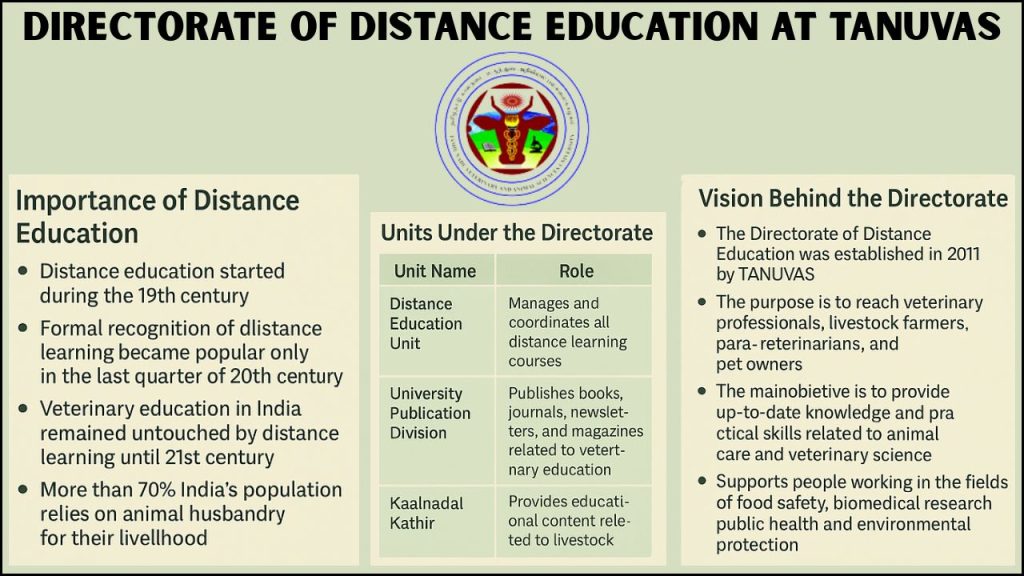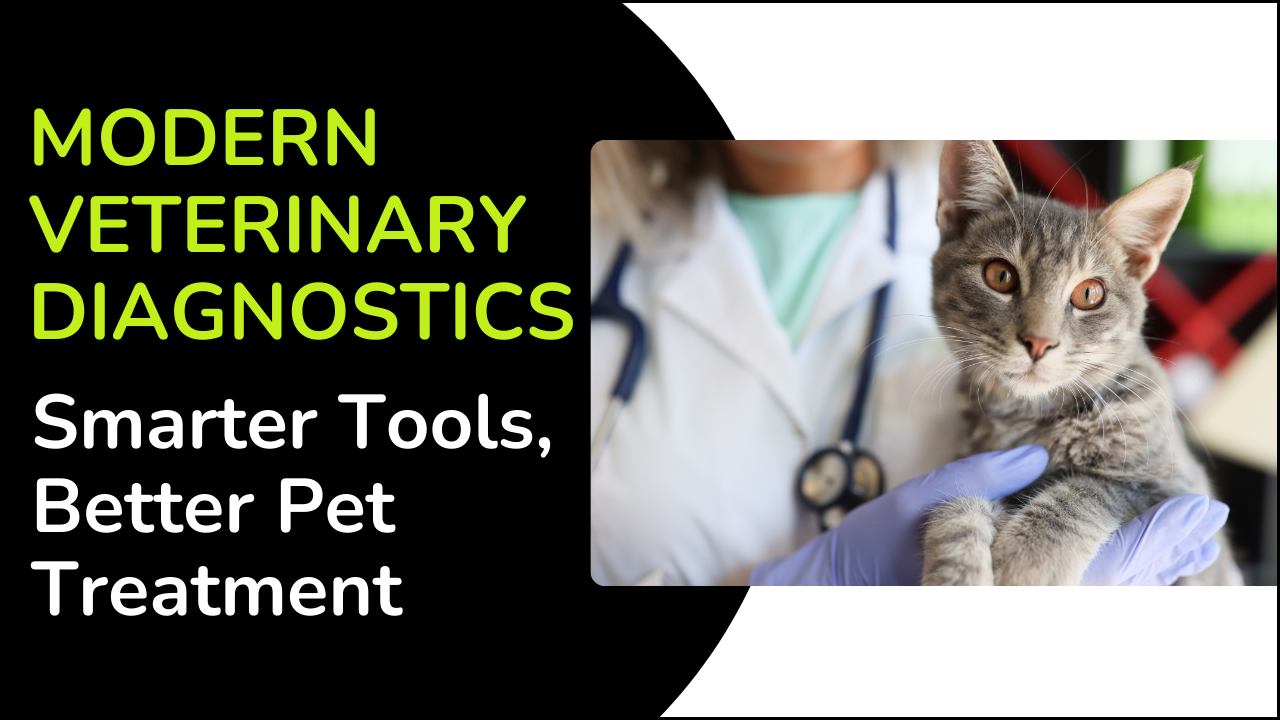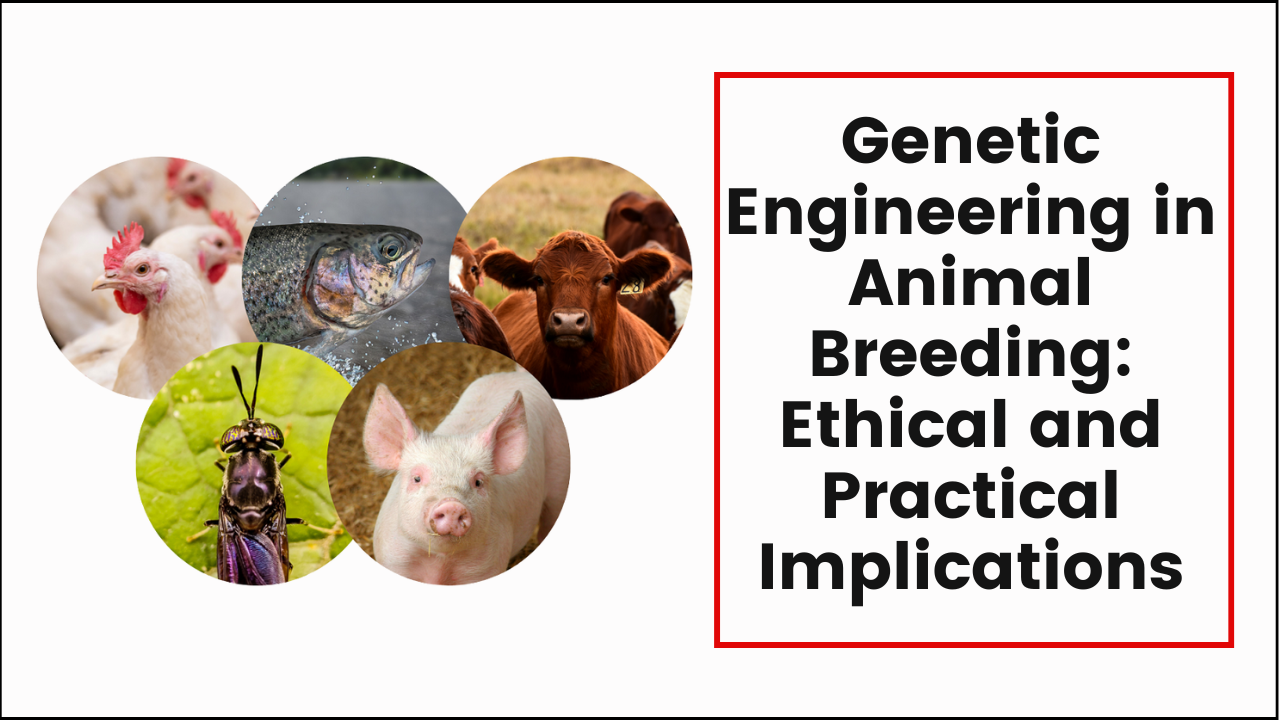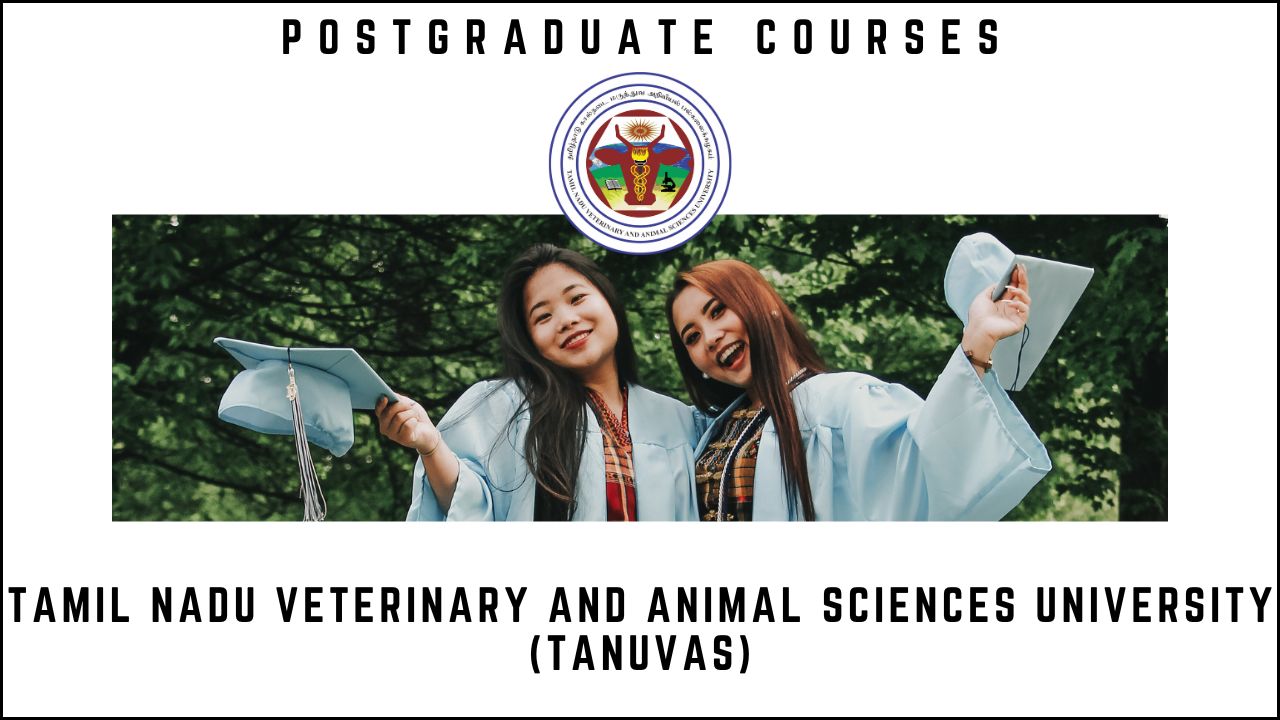
Tamil Nadu Veterinary and Animal Sciences University (TANUVAS) is one of India’s top institutions in the field of veterinary and animal sciences. The university has taken an important step by establishing the Directorate of Distance Education (DDE) to reach learners who are unable to attend regular classroom programmes.
Table of Contents
Importance of Distance Education
- Distance education started during the 19th century.
- Formal recognition of distance learning became popular only in the last quarter of the 20th century.
- Veterinary education in India remained untouched by distance learning until the 21st century.
- More than 70% of India’s population relies on animal husbandry for their livelihood.
- Formal education is essential for these individuals to improve their skills and contribute to the economy.
- Distance learning offers a practical and flexible solution for such individuals.
Vision Behind the Directorate
- The Directorate of Distance Education was established in 2011 by TANUVAS.
- The purpose of this directorate is to reach veterinary professionals, livestock farmers, para-veterinarians, and pet owners.
- The main objective is to provide up-to-date knowledge and practical skills related to animal care and veterinary science.
- The directorate supports people working in the fields of food safety, biomedical research, public health, and environmental protection.
- Learning through distance learning helps people stay informed about new trends in veterinary science.
Units Under the Directorate
- The Directorate consists of different functional units that support its mission.
- Each unit plays a specific role in offering education, training, and information sharing.
| Unit Name | Role |
|---|---|
| Distance Education Unit | Manages and coordinates all distance learning courses |
| University Publication Division | Publishes books, journals, newsletters, and magazines related to veterinary education |
| Kaalnadai Kathir | Provides educational content related to livestock farming |
Courses Offered by the Directorate
- The Directorate offers various types of courses to meet the needs of different groups.
- These include Skill Development Courses, Self-Employment Courses, and Post Graduate Diploma Programmes through distance mode.
| Course Type | Objective |
|---|---|
| Skill Development Courses | Help learners gain hands-on experience in livestock and poultry care |
| Self-Employment Courses | Train individuals to start small businesses in animal husbandry |
| Post Graduate Diploma Courses | Offer specialized knowledge to veterinary professionals |
Features of Skill Development Courses
- These courses are designed to provide practical knowledge to livestock farmers.
- Course topics include animal nutrition, basic veterinary care, disease prevention, and poultry management.
- Trainers use simple language and clear examples to make learning easy.
- Farmers and rural youth benefit from these courses by applying new techniques in real life.
- Skill development plays a major role in improving productivity and animal health.
Focus of Self-Employment Courses
- Self-employment courses aim to empower learners to start their businesses.
- Learners receive training in dairy farming, goat rearing, poultry farming, and pet care services.
- These courses also help unemployed individuals become job creators.
- Practical knowledge shared during the courses helps them reduce risks in animal-based businesses.
- Many learners have successfully started earning after completing these courses.
Purpose of Post Graduate Diploma Programmes
- Postgraduate diploma programmes are designed for those who already have a background in veterinary science.
- These courses help professionals enhance their understanding of specialized areas like livestock production, animal welfare, and advanced veterinary treatment.
- The distance learning format allows them to study without leaving their jobs.
- New skills and certifications improve their career opportunities and knowledge base.
- Continued learning through diploma programmes builds confidence and expertise.
Advantages of Distance Education at TANUVAS
| Advantage | Explanation |
|---|---|
| Accessibility | Learners from remote or rural areas can easily access education |
| Flexibility | Courses are designed to be completed at the learner’s convenience |
| Practical Training | Lessons are based on real-world applications and field experience |
| Updated Knowledge | Courses include current developments in veterinary and livestock fields |
| Empowerment | Learners gain confidence and financial independence through education |
Contribution of the University Publication Division
- The University Publication Division is a vital part of the Directorate.
- This unit creates and distributes learning materials for all the distance education programmes.
- The division publishes journals, magazines, newsletters, and educational books.
- Easy-to-understand language and illustrations are often included in the content.
- Publications are helpful not only for learners but also for veterinary professionals across the country.
Social and Economic Impact
- The Directorate helps in promoting animal welfare and public health through proper education.
- Improved skills among livestock handlers lead to better productivity and income.
- Self-employment opportunities reduce rural unemployment and support the economy.
- Farmers learn scientific techniques that improve the quality of livestock products.
- Veterinary professionals gain additional qualifications, making them more competent.
Achievements of the Directorate
- TANUVAS is the first veterinary university in India to start distance education in livestock and poultry farming.
- Thousands of learners have been trained since the beginning of this initiative.
- Many graduates of the directorate’s programmes have started successful businesses.
- Regular feedback from learners is used to improve the quality of courses.
- Support materials and learner-friendly content have received positive responses from the field.
Commitment to Growth
- The Directorate is constantly updating its courses to include new trends, technologies, and global practices.
- Strong collaboration with field experts ensures the delivery of accurate and practical training.
- Expansion of training centres and improved delivery systems are part of future plans.
- Emphasis is placed on making education inclusive, practical, and impactful.
End Notes
The Directorate of Distance Education at TANUVAS plays a crucial role in extending education beyond traditional classrooms. Farmers, professionals, and students now have the opportunity to learn at their own pace while gaining real skills. The directorate’s focus on self-employment and skill development is transforming lives and contributing to the welfare of society.
TANUVAS continues to lead the way in veterinary education, combining academic excellence with practical outreach. The efforts of the Directorate have made quality education accessible, relevant, and affordable for a large section of society.





